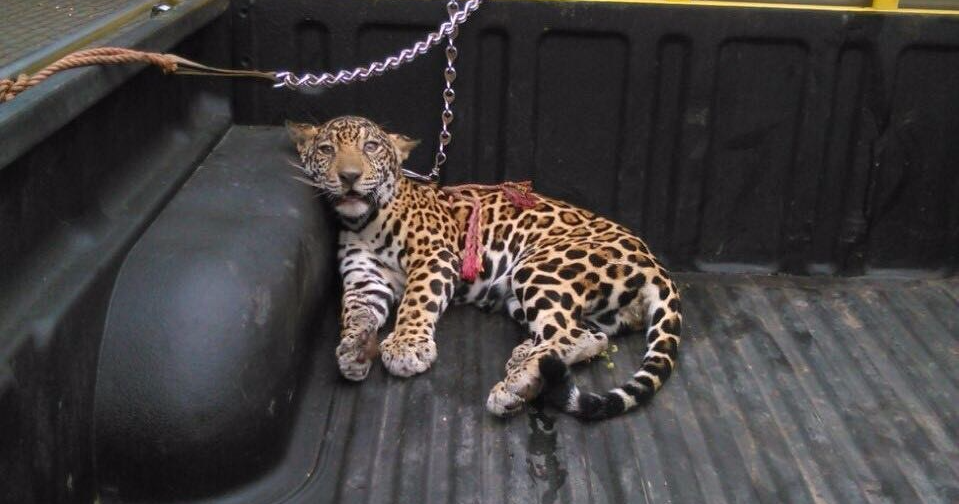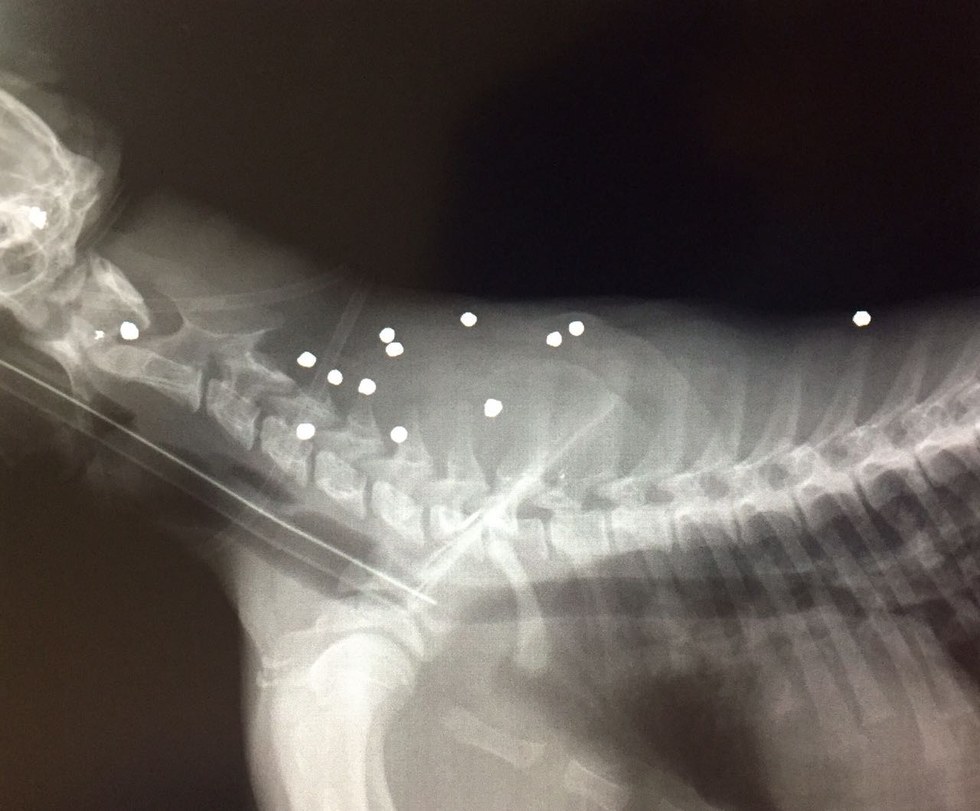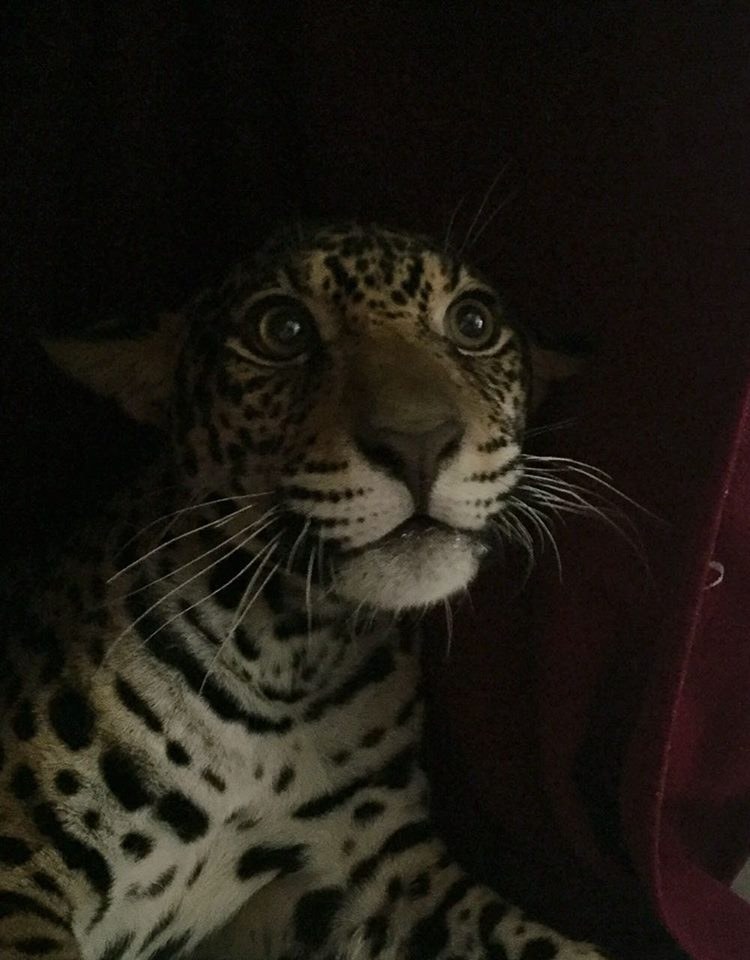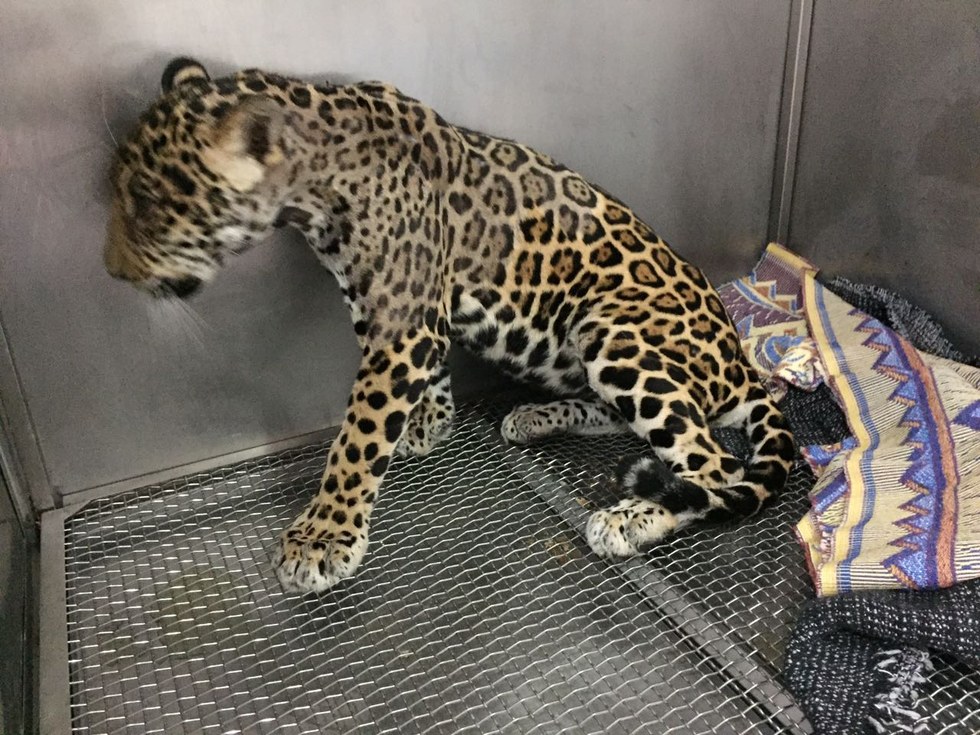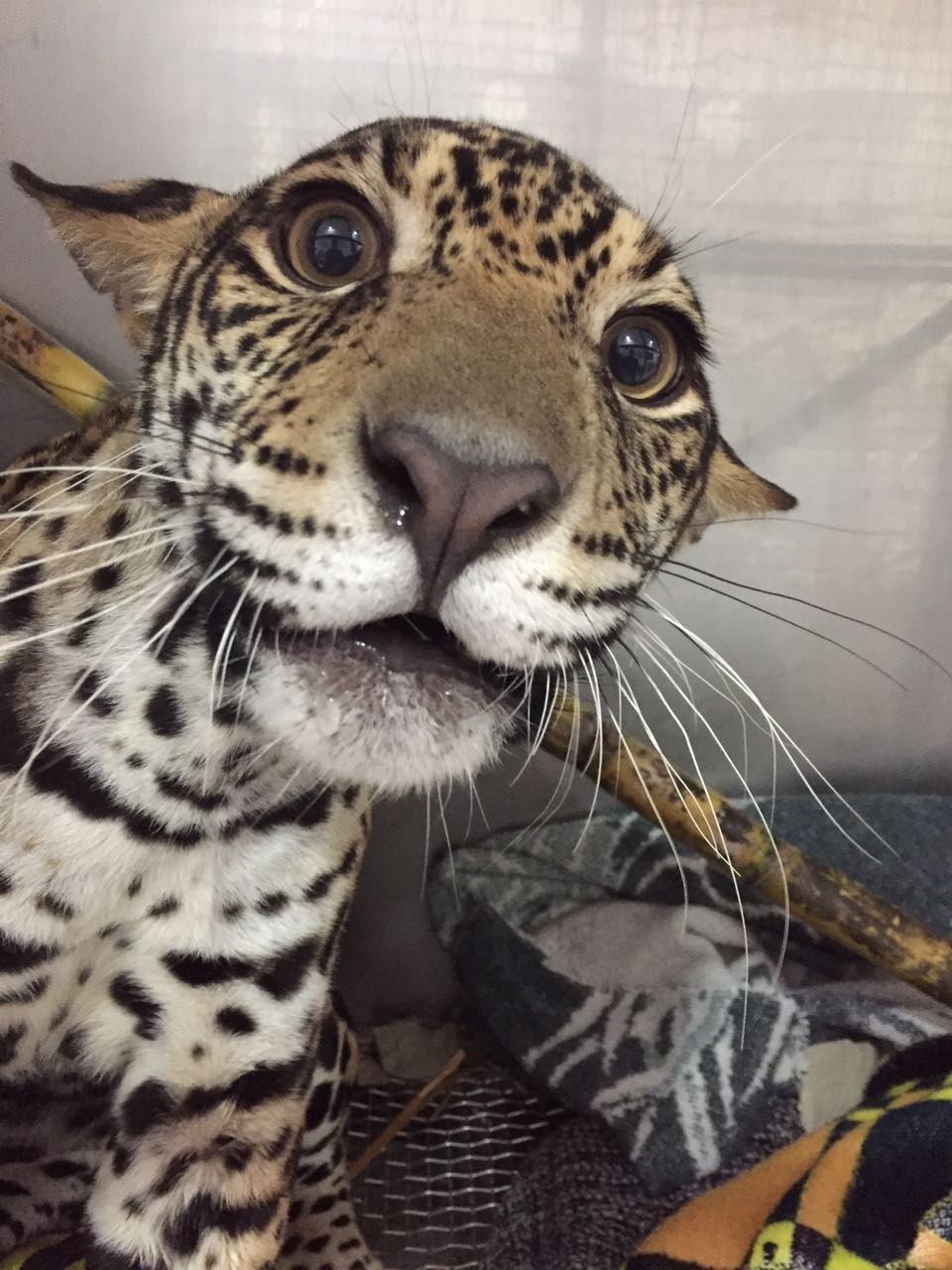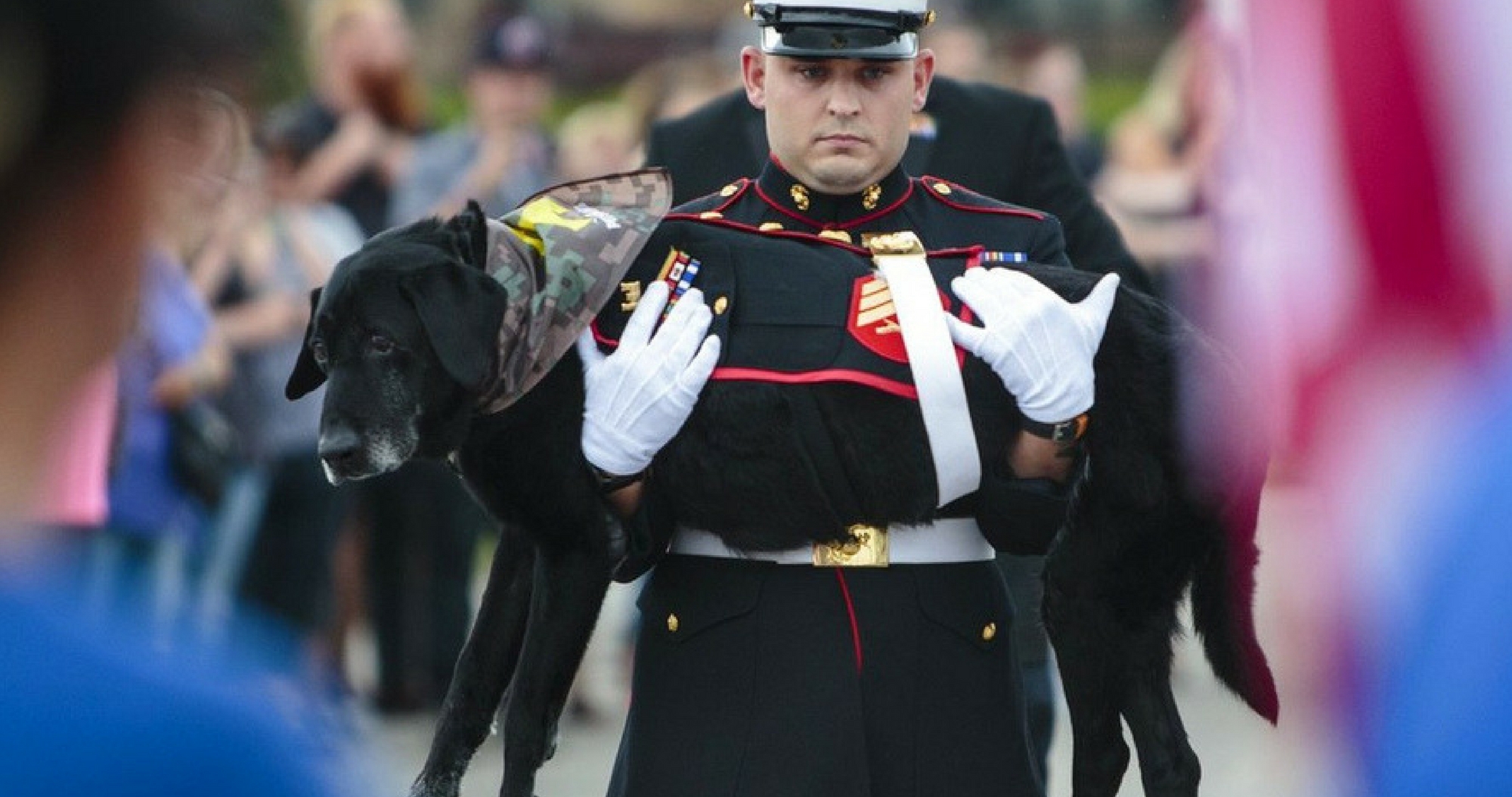When 11-month-old D'Yaria was found in an Ecuadorian forest, rescuers weren't expecting her to make it.
The baby jaguar couldn't walk at all and was severely injured. D'Yaria could move her head and neck, and she could definitely still growl, but other than that she had been left for dead. But the people who came to help knew they couldn't just leave her.
They loaded her in the back of a pickup truck and brought D'Yaria to Universidad San Francisco de Quito in Ecuador's capital. Doctors from Darwin Animal Doctors helped save D'Yaria's life.
The vets at DAD were shocked to find what was hiding inside the poor jaguar's body.
D'Yaria had been shot 18 times with a pellet gun. Her doctors believe it was by farmers who were worried about her eating their animals.
"This is an area where people have cattle, and jaguars are known for going into farms and killing cattle, so what the locals do is just kill the jaguars to preserve the cattle," Maria Cristina Cely said. "It's very sad."
Cely believes D'Yaria's mother was also shot and killed, otherwise the two would have been together.
It's believed that D'Yaria ran for as long as she could to find help, but eventually collapsed and was unable to go any further.
"If she had not been found and she had not been treated, she would have not survived," Cely said. "She was paralyzed and she would not have been able to drink water and not be able to hunt or find food for herself."
D'Yaria's vets were worried she wouldn't pull through due to the severity of her injuries, but the little jaguar pulled through.
"She needed two main surgeries to remove the pellets and the areas that were damaged in her spine," Cely said. "That damage was able to be fixed by removing the little cushion between the two vertebrae in the neck."
But once D'Yaria started to heal, her vets knew she would be okay.
"She stood up and she started showing signs that she would not stay still, and that's when everyone realized that she was going to make it," Cely said.
After a month of recovery, D'Yaria was moved to an outdoor enclosure where she could run around and play. The jaguar does not really like humans (it's not hard to understand why,) and this is actually a good thing. It means D'Yaria can be released back into the wild without fear of becoming dependent on humans to care for her.
"Her contact with humans will be very controlled in the way that she does not recognize a human as a benefactor or as a carer," Cely said. "In fact, during her time in the hospital, she hated humans. She would growl every time she got checkups."
"D'Yaria means brave tiger, and that's what she's shown," Cely said. "She's everything that her name says. She's a very brave little jaguar. She fought all the way. The team has a lot of hope that she was recover 100 percent, and that she will be set free. And everyone is looking forward to seeing her grow up and being a full-grown jaguar and having little jaguars."
